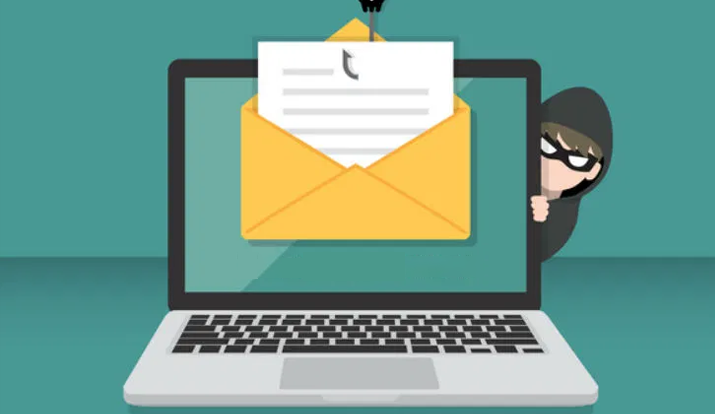

Will you believe that despite the growth of messengers or chat apps, email is still a central part of our daily life? 306.4billion emails were received and set each day in the year 2020, which is expected to rise by 361.6 billion daily by the year 2024.
Email also remains one of the most powerful tools in our digital market. As it allows us to reach our customers at a more personal level than other marketing strategies and have the highest ROI than all digital marketing options. Take a look at your inbox, it must have thousands from marketers, from your families, social media, many of which you would not have asked to receive.
Spammers sent out millions of spam messages and links trying to sell people their things. Links to online gambling, we miss you at these shopping sites, buy plants, flowers, pergolas, chinese takeouts, and whatnot. Now some of these are actually real and sell genuine products but for some cybercriminals, they are a way to sell us bogus products and make quick money out of Phishing.
Phishing is when a hacker pretends to be someone it's not (a bank, website) and use it to give up our information with an intention to either take us to their phished website and sell fake products or steal our personal information such as passwords, credit card information, etc.
Imagine a spear and its style of hunting attack that is what inspires a Spear Phishing Email attack- a dedicated attack against an individual or an organization. Often with this attack type, an attacker will impersonate a department or someone within the organization. For example, you have received an email that appears to be from your IT department saying you need to re-enter the credentials on a particular site or one from your HR with an attached file named“new benefits package”.
Whaling is a escalated version of Spear Phishing Attacks that targets seniors or top executives in an organization steal their passwords and email addresses and craft emails specific to those individuals. This information of top executives and CEO's are often freely available on the web, by using these emails they prey by sending malware then recording keystrokes of managers and other executives to ferret out sensitive information.
The thing is people who devise these emails are really smart who take our information, use our vulnerabilities against us and create a mail that will sound very convincing. The methods of these techniques are so developed in quality and sophistication. That about 80 % of people fail to spot phishing emails. In June 2014, Scoular Co. which was the Forbes 55th America's Largest Private Companies lost its $17million, and it all started with an email.
For example- say you love shopping online and you are a customer of many shopping sites, one of them sent you an email saying"Your XX account was just billed for $500.00, please click here to get an invoice" and it looked just like that shop emails, but it was just a way to steal your account, so the best way is to not fall for these tactics when you are least expecting them.
The First Step One way is to find out whether it is fake or not is by hovering your mouse over the said suspicious link you are asked to click, And if you are not sure about the product, go to the website and call a customer care phone number you know is legit. if you see that is taking you to the legit domain then it is safe, if not then the email is definitely trying to steal something.
Change Your Passwords and make them unique and strong enough that no one would get access to your accounts and personal information. Additionaly activate Two Factor Authentication if the website allows it, (which many do nowadays) which means additional information will be required to be entered in case of a suspicious entry.
Do Not Click Suspicious Sites and links on the internet and mail or texts you get, especially those who ask for your crediantials. Also do not forward the same to your family and friends.
Install A Computer Optimizer Software You Can Trust Do not download the software and malware, if you are not sure about it, do some research first. Keep your Antivirus ON and install the sure-shot cleaning utility IGS Cleaner which is the Best PC Cleaner Software, that helps keep your internet traces deleted and prying eyes away from your personal information.